"He couldn't run,” says his mother, Marcia Vaughn. “We thought he was playing, but, he was serious about the fact that his legs just wouldn't run. He tried to skip, gallop, hop, etc ., to no avail. He started having trouble walking up the stairs. He had to hold onto the rail with one hand, take the other hand and pull the other leg up on the step, and then hold on with both hands to pull himself up. It was like watching an elderly person try and get up the steps.”
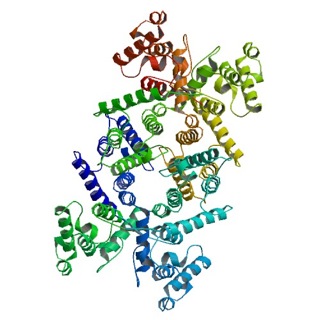
My brother, Javier, hasn’t always been like this. There was a point in time when he was in perfect health, and accelerating quickly in his growth. There are a lot of diseases out here in the world that our family was not aware of. This particular disease used to be under the radar for our family, but now we know its effects all too well. Javier was diagnosed with an unknown type of muscular dystrophy (MD) in 2007.
According to Medline Plus’s website there are different types of MD. The most common are Duchenne and Becker MD. Duchenne MD is similar to my brother’s MD, but his tests did not come back positive for Duchenne. MD is diagnosed by a series of tests, family medical history and physical exams, such as muscle biopsies, electromyography or nerve conduction tests, or blood enzyme tests, which may reveal muscle damage. My brother has been tested for both Duchenne and Becker, but the results came back negative for both.
According to National Institute of Neurological Disorders and Strokes, MD diseases are passed down from the parents. The mother has two “X” genes (which is true of all females), one “bad” and one “good”. The father has an X and Y gene (typical of all males). If the daughter gets an X gene from the father and mother, it doesn’t matter if the child gets the mother’s bad X’s, but if a boy gets a Y from the father and a bad X from the mother there is nothing to cover the bad X that contains the defective disorder. Parents can be carriers of this bad gene and never show symptoms of the disease. Although MD is genetic , we can’t find anyone else that has been diagnosed with this disease inside my family.
Duchenne and Becker MD affects about 1 in every 3,500 to 5,000 boys, and between 400 and 600 live male births each year in the United States, according to the National Institute of Neurological Disorders and Strokes website.
Javier started falling to his knees as he walked in the stores. “I thought he was playing because he would be laughing, says Javier’s mom. “I would tell him to stop it. He seriously would tell me that he didn't try to and he can't help it.”
MD affects the body’s muscle mass and muscle strength; all muscles not just arm muscles. The muscles you use to talk, turn your head, the muscles used to breathe and more. According to Mayo Clinic’s website, the muscles contain thousands and thousands of muscle fibers. Muscle fibers contain a protein dystrophin that helps fight off damage as they relax and contract.
The MD disease causes weakness to the muscle fibers ,which eventually die out. This leads to damage, and eventually prolonging weakness of the person’s muscles. Javier had to have braces on his legs, then needed to use a walker, and a wheelchair for stores or parks. Then eventually he was totally wheelchair bound.
My brother along with every other person in my family wished that this had not come. We are all sticking together and helping him along this path of his life. “Javier needs 24 hour nursing care, which he has yet to receive at this time. He gets his nursing care from his brothers Dallas and Cameron,“ states Marcia. “We hope to find a cure as soon as possible.”
The Jerry Lewis Telethon every year raises money for a cure. Javier participates every year. Washington Time’s magazine stated that the Telethon raised $58.9 million during the 2010 telethon.
“It’s tough ‘cause when I see my friends running and playing, or watch sports on TV, it makes me want to do those things,” says Javier. “And sometimes I think about if someone will ever find a cure.”
I could tell that it was a sensitive subject so that was the only question I asked. From those few sentences I could hear so much, and see how much he values his life.

This work is licensed under a Creative Commons Attribution-NonCommercial-NoDerivs 3.0 Unported License


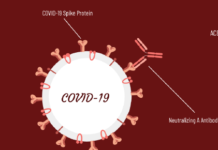
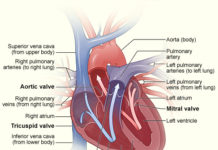
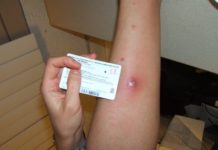
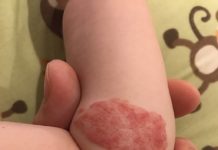
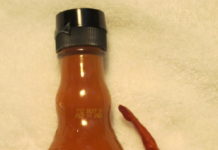
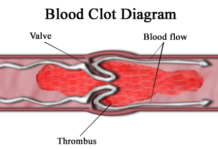






Good job giving out helpful information! This is an unknown subject to me and your article was very resourceful. You’re a strong person to write about something so personal.
Very heartfelt. Not usually heard from a teenager. Great heart Dallas.
This is why I love you so much. You are truly a good example of sibling love. Im so proud of the man you are becoming and continue sweetie to do caring these for your brother and people in general. Excellent job